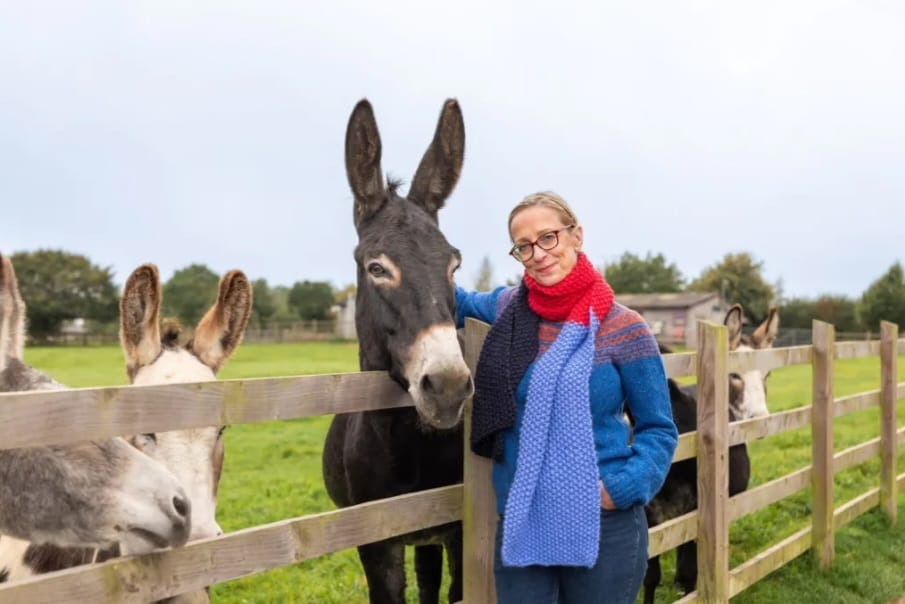The Circulate Initiative, a global non-profit entity dedicated to tackling ocean plastic pollution in emerging markets, has announced the expansion of its Responsible Sourcing Initiative (RSI) into Africa, with Kenya becoming the first country on the continent to implement the project.
This marks a major milestone for the organisation, with Kenya selected as the first African implementation site and Ethiopia set to follow in 2026.
The RSI is a global program that unites brands, investors, recyclers, and waste worker organisations to address critical human rights challenges in the plastics recycling supply chain.
Backed by funding from the Coca-Cola Foundation and IKEA Foundation, the African expansion is expected to significantly improve working conditions and income opportunities for informal waste sector workers.
In Kenya, The Circulate Initiative is collaborating with Mr Green Africa, a Nairobi-based plastics recycler known for integrating informal waste workers into its operations. Together, they will implement the Harmonised Responsible Sourcing Framework for Recycled Plastics—the first global standard launched in 2024 to guide responsible sourcing in recycled plastics.
“Our launch in Africa is a significant milestone,” said Annerieke Douma, Senior Director of Programs at The Circulate Initiative.
“This regional approach allows us to adapt what we’ve learnt globally to African contexts, starting with Kenya. It’s about protecting the rights and dignity of workers who are on the frontlines of the plastic pollution crisis.”
Kenya generates approximately 983,000 tonnes of plastic waste annually, yet only 8% is recycled, according to the International Union for Conservation of Nature (IUCN). The country’s informal waste sector, with an estimated 46,000 members represented by the Kenya National Waste Pickers Welfare Association, plays a crucial role in bridging this gap.
A recent baseline assessment of Mr Green Africa’s value chain, conducted during a stakeholder meeting in Nairobi this May, identified key challenges affecting waste pickers, including low pay, unsafe working conditions, and limited access to social protections.
While many workers showed awareness of unions and expressed interest in greater engagement, systemic issues such as discrimination and lack of formal recognition remain prevalent.
“Partnering with groups like the Kenya National Waste Pickers Welfare Association will be critical,” added Douma. “We must ensure that all solutions are informed by those most affected—waste pickers themselves.”
On his part, Carlos Pagoaga, President of The Coca-Cola Foundation, emphasised the importance of recognising informal workers in sustainability efforts.
“These workers are essential to reducing packaging waste and building a circular economy. Supporting RSI helps ensure their contributions are both recognised and safeguarded.”
Co-Founder and Chief Executive Officer of Mr Green Africa, Keiran Smith, expressed optimism about the initiative’s potential, remarking, “Our technology-driven model aims to create a transparent, inclusive value chain. With RSI, we can improve conditions for workers while boosting Africa’s supply of responsibly sourced recycled plastic.”
The initiative’s impact will be scaled through the newly launched Responsible Sourcing Network Africa (RSNA), a pan-African collaboration led by The Circulate Initiative. RSNA will promote training, policy support, and knowledge exchange across seven countries, including Ethiopia, Egypt, Nigeria, Algeria, Djibouti, and Morocco.
Kenya is now the fourth country to adopt the RSI following successful rollouts in India, Indonesia, and Vietnam.
The programme globally aims to improve the livelihoods of 50,000 informal workers, secure commitments from over 50 global brands, and deliver 100,000 tonnes of responsibly sourced recycled plastic.
As the Responsible Sourcing Initiative plants roots in Africa, hopes are high that it will usher in a new era of dignity, safety, and opportunity for the continent’s waste pickers, those too often overlooked yet vital to solving the global plastics crisis.
We would like to notify our readers that the verbatim quotations of some subjects and/or sources of this story have been edited for purposes of brevity.



